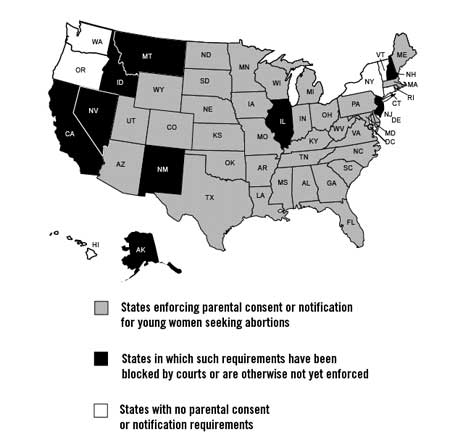And these are some of the reasons that, in an amazingly short time, Israel has degenerated into heartlessness, real cruelty toward the weak, the poor, and the suffering. Israel displays indifference to the hungry, the elderly, the sick, and the handicapped, equanimity in the face of, for example, trafficking in women, or the exploitation of foreign workers in conditions of slave labor, and in the face of profound, institutionalized racism toward its Arab minority. When all this happens as if it were perfectly natural, without outrage and without protest, I begin to fear that even if peace comes tomorrow, even if we eventually return to some sort of normality, it may be too late to heal us completely.
This diary is not intended as a criticism of Israel. It is intended as an appreciation of a beautiful speech that is itself a reflection of what happens to a country, to a people, who are continually at war.
In that respect, I read it as an opportunity to ask what will become of us, of Americans, if we continue on this path that we have set out upon, or, if you prefer, that has been laid out for us by this administration.
But, in the past 100 years, I wonder how many armed conflicts we have engaged in. (Anyone? I know there's an historian out there who can give me that exact figure.) And I'm not just talking about our official wars. I mean the unofficial ones, too. The "police actions" in the Dominican Republic; the interference in elections in Chile; the intervention in the former Yugoslavia.
Our need to take up arms, to have an enemy, to step into the perceived "fray," regardless of whether it, in fact, exists.
How much of our refusal to deal with our own racism, with poverty, with the suffering of our own people is a direct result of the constant distraction of war? Do we not care that immigrants toil in our cities for close to nothing? That our toys and knick-knacks are made by slave labour? That women in this country slide ever closer to their former status as chattel? That our elderly choose whether to pay for prescriptions or food?
One of the harsh things that this last war sharpened for us was the feeling that in these times there is no king in Israel. That our leadership is hollow, both our political and military leadership. I am not speaking now of the obvious fiascos in the conduct of the war, or of the way the rear echelon of the army was left to its own devices. Nor am I speaking of our current corruption scandals, great and small. My intention is to make it clear that the people who today lead Israel are unable to connect Israelis with their identity, and certainly not with the healthy, sustaining, inspiring parts of Jewish identity. I mean those parts of identity and memory and values that can give us strength and hope, that can serve as antidotes to the attenuation of mutual responsibility and of our connection to the land, that can grant meaning to our exhausting, desperate struggle for survival.
Today, Israel's leadership fills the husk of its regime primarily with fears and intimidations, with the allure of power and the winks of the backroom deal, with haggling over all that is dear to us. In this sense, our leaders are not real leaders. They are certainly not the leaders that a people in such a complicated, disoriented state need. Sometimes, it seems that the public expression of their thinking, of their historical memory, of their vision, of what really is important to them fills only the tiny space between two newspaper headlines. Or between two police investigations
Can one lead if one's leadership comprises the constant refrain of "Be afraid. Be very afraid." Can one lead if one's finger is constantly pointing at some other and emphasizing the differences rather than the commonalities? Can one lead if one asks others to do what one is not willing to do oneself?
We have no leadership. We have corruption. And fear. We have no history. We have no vision. We have only the blaring of headlines that distract us; we look away from the bloodshed and the suffering of others in order to participate in the pornography of celebrity, of the news of the fantastical, the marvelous, the grotesque.
Just as there is unavoidable war, there is also unavoidable peace. Because we no longer have any choice. We have no choice, and they have no choice. And we need to set out toward this unavoidable peace with the same determination and creativity with which we set out to an unavoidable war. Anyone who thinks there is an alternative, that time is on our side, does not grasp the profound, dangerous process that is now well underway.
Peace is possible. Our administration tells us that it is not. That we must be ever vigilant against those who would destroy us. But it is that constant vigilance that does destroy us. We lose a part of our souls each time we stand in line at a security checkpoint. What must we do to make peace a reality? If war is the not the answer, what then must be done to find another solution?
From where I stand at this moment, I request, call out to all those listening —to young people who came back from the war, who know that they are the ones who will have to pay the price of the next war; to Jewish and Arab citizens; to the people of the right and the people of the left: stop for a moment. Look over the edge of the abyss, and consider how close we are to losing what we have created here. Ask yourselves if the time has not arrived for us to come to our senses, to break out of our paralysis, to demand for ourselves, finally, the lives that we deserve to live.
Amen




